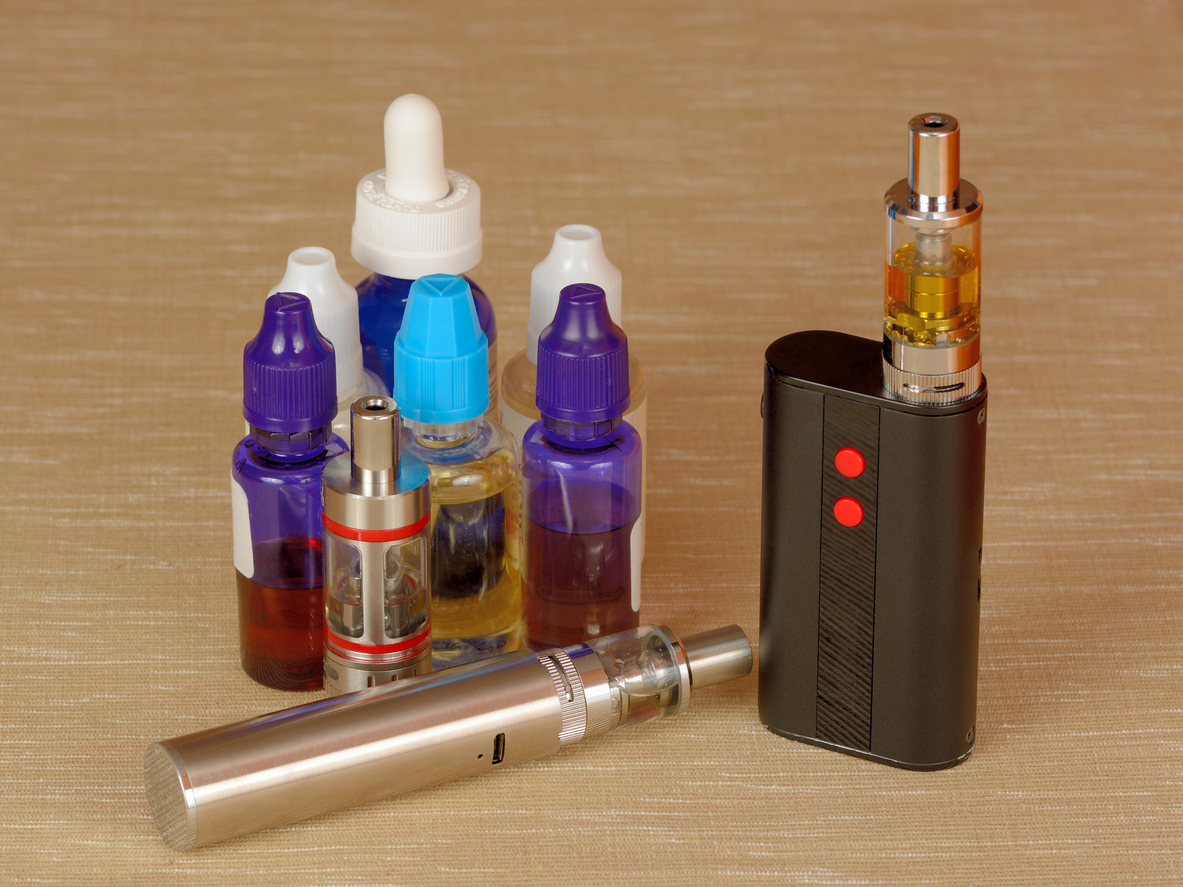Flavour bans threaten Europe’s smoke-free ambition: report
May 30, 2024

A significant majority of vapers use flavours other than tobacco to help reduce and quit smoking, a new survey commissioned by the Tholos Foundation has shown.
The free-market think tank on Thursday launched three white papers exposing the risks of banning flavours in vaping products at an event in Brussels hosted by Parliament Magazine and featuring contributions from Swedish MEP Johan Nissinen.
The reports cover the impact of flavour bans in the real world, best practices to educate adult smokers and restrict underage usage, and analyse the public response to the European Commission’s 2023 public consultation.
Surveys conducted by Ipsos for the international non-governmental organisation in multiple countries have shown that, in countries where flavours were banned, many vapers went back to smoking or for black market alternative.
As per the survey, 83 per cent of vapers in Germany stated that flavours are crucial in their decision to vape, with similar high percentages reported in Belgium, the Netherlands, and Sweden.
With European elections due to take place shortly, Tholos Foundation said it is imperative policymakers take heed of voters’ concerns and reject extensive restrictions on lifesaving smoking alternatives.
The new European mandate is expected to drive a new revision of the bloc’s Tobacco Products Directive, and consumers have already overwhelmingly responded to a public consultation overwhelmingly stressing the importance of vapes in helping them quit smoking.
Rather than product bans, the papers examine a menu of policy alternatives to protect public health focussing on improved enforcement of existing laws, restricting flavour descriptors and communications, limiting sales to adult-only stores, and an openness to technological innovations.
“The evidence is clear: flavours in vaping products are critical to helping smokers quit. Banning flavours will create a black market and drive people back to smoking. Our reports offer an evidence-based approach that combines rigorous law enforcement, education, and technological innovations to reduce underage experimentation while preserving the benefits for adult smokers,” Tim Andrews, director of consumer issues and a report author, said.
“With the European elections approaching, it is crucial for policymakers to understand the importance of harm reduction strategies. Our findings support a balanced approach that protects public health and helps smokers transition to safer alternatives.”
